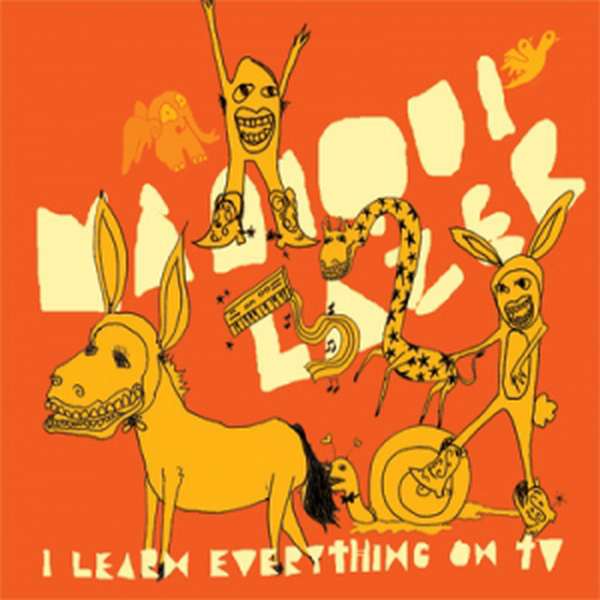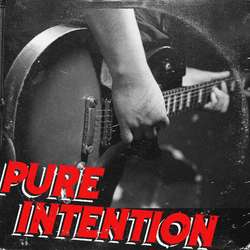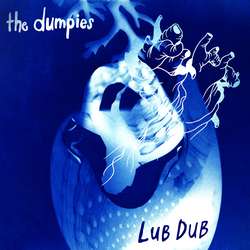I don't know much about music along the US-Mexico border, and the name Maniqui Lazer and the cartoonish sketches on the cover only intrigue me so much. Mostly, it gives the impression of a weird band with a lot of keyboards. Lo and behold, I got that part right. I just missed the crazy energy held within the cardboard package. The band's name is fitting enough, in fact, that their "lazer punk" motto is actually a fitting description.
The intro track should've been thrown out, utilizing the instrumental "Dance Pills" to set the tone - it does that anyway, since "788662" is twenty-seven seconds of filler. They set the tone with energetic, bouncy keyboards, but the band doesn't hit their dancepunk-screamy math rock-metal stride until the third song when vocalist Jung Sing gets involved. The first half of the record is more on the dancey side, sounding somewhere between The Blood Brothers and maybe Death From Above 1979, but with a few intermittent screams and chaotic breakdowns. While the dancier songs might garner them some indie cred, Maniqui Lazer doesn't seem to be seeking that out, the recurrence of angry, short screamy outbursts in the majority of their songs see that the band remains outside of any easily identified genre.
The band has hints of a lot of different things: screamy avant garde is present throughout, with the short song structures and discordant key punching. However, by having keyboard-driven melodies, the band supersedes this label with more of a dancey, fun feel than anything overtly technical and arty. Behind the shake-your-ass beats, there is a variety of influence, just one example of which is the fuzzed-out garage guitars of "You Me and the Lazer Gun." Their eclectic approach shows impressive songwriting skill, as there is never a problem with cohesion in the songs, and they maintain a distinct sound throughout. The more I listen to this, the more I find myself enjoying it. I just can't quite pinpoint what it reminds me of.
Cohesion does become an issue in the album's structure. The record is so short-tempered and off the wall that it never garners a flow between songs. Everything is two minutes or less, and the tempos range from mid-paced dance beats to relentless screams. I Learn Everything on TV may as well be on random. It just doesn't feel like it flows, and ending on the lyrics, "1-2-3, let's go" only accentuates the random feel.
I also find it curious that the band includes a title track that is a forgettable 1:14 instrumental in the middle of the record. The significance of this is lost on me. Regardless, the Mexicali band has piqued my interest. With a little more consistency and less instrumental intermissions, there is potential for something special.



